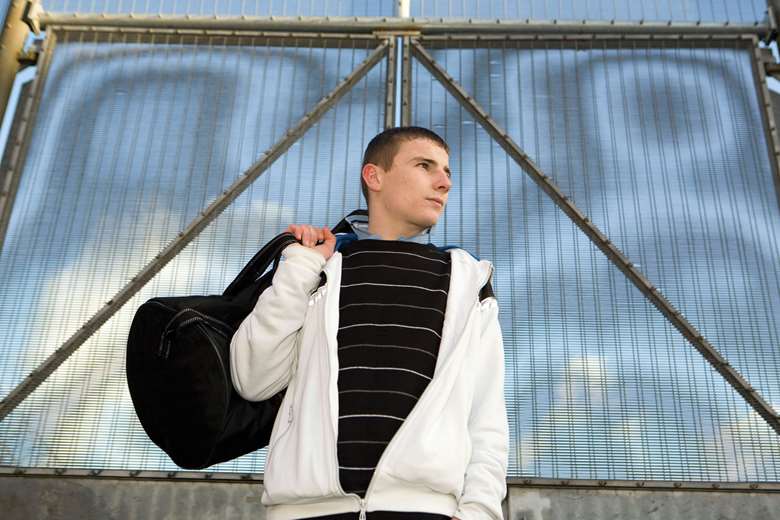Charity calls for better resettlement planning in custody
Derren Hayes
Thursday, July 2, 2015
There needs to be an overhaul of resettlement support for those leaving youth custody if high reoffending rates are to be reduced, crime reduction charity Nacro has said.

Evidence gathered by Nacro’s Beyond Youth Custody research programme shows that too often support services for children in custody are patchy, while planning for release starts too late, hindering their chances of successful resettlement into communities.
For this to change, it said young people need to be prepared for release the moment they enter custody, with education and training programmes made available immediately and tailored to an individual’s needs, and a place in stable accommodation found well before the person is released.
The charity’s report – Effective Resettlement of Young People – collates findings from the first three years of the five-year programme, highlighting problems with the custody system and recommending what needs to change.
It found that while the number of under-18s in custody has steadily fallen in recent years, reoffending rates among young people remain stubbornly high, with 68 per cent committing another crime within a year of release from custody.
The report pins much of the blame for the high reoffending rate on the failure of the system to use a custodial sentence as a way of turning lives around.
Lord Dholakia, president of Nacro, said: “It is shocking that so little time is spent in custody preparing young people to leave and turn their lives around in the community. It is no surprise that too many young people return to negative behaviours and that more than two in three reoffend within the year.
“Children and young adults in custody are some of the most vulnerable in society and while the nature of some young people’s offending may result in a custodial sentence, incarceration will rarely solve the social problems caused by youth crime, nor does it resolve an individual’s offending behaviour.
“We must support young people to lead constructive lives when they are released from custody.”
The report calls for better co-ordination between young offender institutions and community services to develop and deliver multi-agency, tailored packages of care and support that meet the needs of young people.
It also wants greater priority to be given to engaging young people in the resettlement process and encouraging them to forge strong and trusted relationships with youth justice professionals.
In addition, it said there should be more transition support for young people when they leave custody, as well as support for families so they can help the young person adapt to life in the community away from old negative influences.




